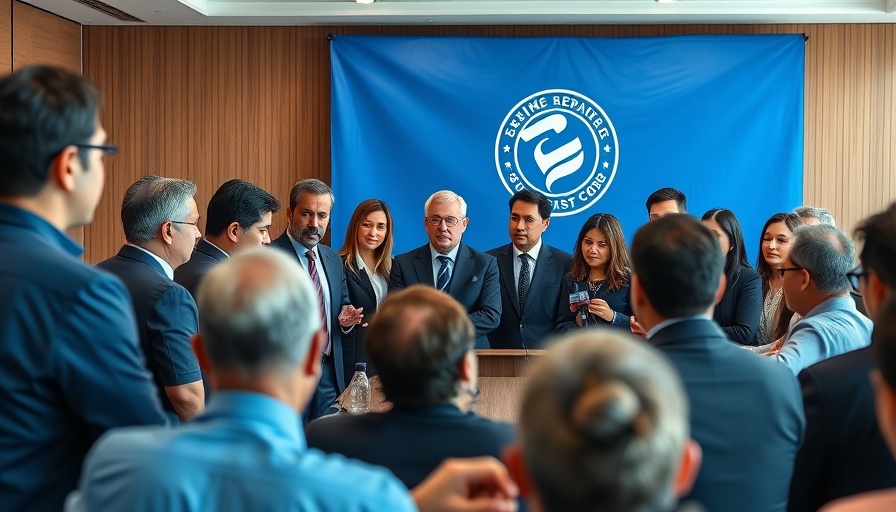
A Growing Concern: The Deadly Legionnaires’ Disease Outbreak
A troubling outbreak of Legionnaires’ disease has left a mark on Harlem, claiming six lives and affecting 111 individuals so far. This case has recently brought to light the allegations of negligence against the construction firms involved, sparking public discourse and scrutiny regarding safety protocols in urban environments.
Legal Actions Aim to Hold Employers Accountable
Two construction workers, Duane Headley and Nunzio Quinto, have initiated legal proceedings against their employers, Skanska USA and Rising Sun Construction, after both fell critically ill due to the disease. Their claims argue that the employers failed to ensure their work environments were safe from infections linked to cooling towers used in large buildings—a cause of concern that has exaggerated significantly over the last few months. In fact, reports show New York City officials have faced backlash for the declining frequency of inspections in these areas, indicating a potential lapse in public safety measures.
Understanding Legionnaires’ Disease: Risks and Responsiveness
Legionnaires’ disease is a severe form of pneumonia, and its average fatality rate hovers around 10 percent. This outbreak has particularly been linked to subpar conditions surrounding the maintenance of cooling towers in buildings close to Harlem Hospital. Alarmingly, some of the cooling towers implicated in this outbreak had not been adequately sanitized, creating fertile grounds for Legionella bacteria to proliferate. Health experts emphasize the complexity of this non-contagious illness, which predominantly spreads through inhaling contaminated water vapor.
The Call for Community and Employer Responsibility
Community leaders, including Reverend Al Sharpton and civil rights attorney Ben Crump, have voiced their concerns over this health crisis, stressing the urgent need for safety. They argue that once danger is identified, there is a moral and legal obligation for employers and community leaders to act decisively. In the wake of this, calls for greater transparency and action have intensified, underscoring the necessity for robust health and safety standards in all workplaces.
What Lies Ahead: The Future of Health Regulations
As the legal battles unfold, the implications extend beyond the immediate cases of those affected. This outbreak could serve as a catalyst for overhaul in health regulations concerning cooling system maintenance, leading to stricter enforcement of health codes. The discussions emerging from these lawsuits may ultimately inform policy and regulatory reforms that prioritize public health and safety.
In light of this serious situation, community members, construction workers, and legal professionals alike must advocate for proactive measures to prevent future outbreaks. It is not just a matter of legal accountability but also about ensuring that such tragedies do not befall future generations.
 Add Row
Add Row  Add Element
Add Element 



Write A Comment